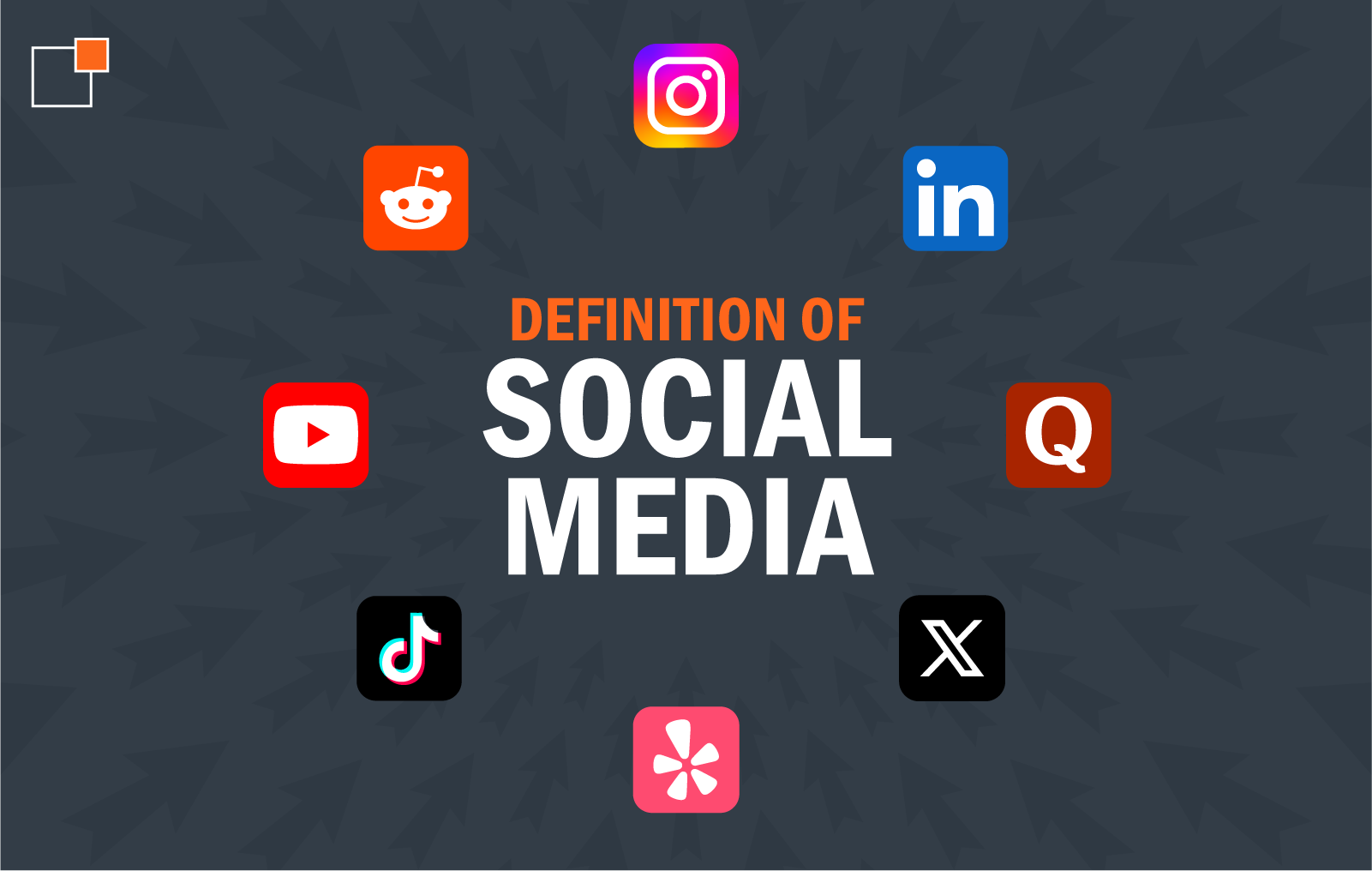8 Must-Haves in Your Social Media Policy
A guide to protecting your brand’s identity
Have you heard the phrase, "the internet never forgets?" From completely missing the mark on cultural nuances to tone-deaf insensitivity, we’ve all witnessed brands make horrendous mistakes on social media. In 2024, one poorly timed post or out-of-context screenshot could sour your reputation. And like a tattoo, that memory is permanent.
While most of us remember the more extreme cases of brands shattering their identities via social media, a brand's presence on platforms can also suffer in more quiet and subtle ways. It might not receive immediate backlash from your audience, but a lack of consistency across platforms and careless employee posting could come back to haunt you. We want to prevent your brand from making minor missteps or, in some unfortunate cases, from falling into bottomless pits of shame and infamy.
Building a Social Media Policy
Establishing a social media policy is imperative to optimizing your brand's online presence, because it helps keep your brand identity consistent across platforms. A good social media policy also provides your team with crisis response tools and clear, enforceable employee expectations.
Here’s what we think every social media policy should include to uphold brand identity and reputation:
1. Purpose of the policy
Introduce your policy by explaining why it exists. Also, note the policy applies to everyone—from interns to executives and everyone in between.
Some examples of a policy purpose include:
-
To protect confidential company, client or employee information.
-
To offer guidance on how to use social media responsibly.
-
To maintain separate personal and professional personas.
-
To assist in professional development.
-
To protect yourself.
-
To safeguard the brand’s reputation.
2. Definition of social media
This section of a social media policy should include a list of platforms that fall under “social media.” Instagram and LinkedIn seem obvious, but do you count networks like Quora, Yelp, Reddit or YouTube when discussing social media with your team? You may also consider distinguishing which social media platforms your brand will have an official presence on in this section. While a policy should acknowledge all potential forms of social media, identifying the platforms your brand will have a home can indicate where employees can engage with the brand as they wish.

3. Security guidelines
Even if your team members don’t opt to identify outright as your employee online, you should still list guidelines for social media conduct to protect your company from employee missteps.
Security guideline examples can include:
-
Avoid sharing photos or information about employees, the company or clients without explicit permission.
-
Do not share photos or videos in company-branded attire, including uniforms.
-
Do not post on personal social media during contracted work hours, except during breaks.
4. Planning for legal issues
This section of a social media policy is vital and will likely require a lawyer. From copyright infringement to privacy laws, there are numerous legal concerns to be aware of when maintaining a social media presence. Ensure your guidelines outline fundamental rules for compliance and cover any other sticky legal issues your employees may have to navigate online.

5. Employee rules
Include guidelines for clear designation between personal and professional social media channels and employee codes of conduct. If a team member opts to identify online as an employee of your company, provide language to help them clarify their views are their own. Here are some easy employee rules to add to your policy:
NOTE: You can’t legally control everything your employees post on their personal social media accounts; however, you can share the consequences of a negative or harmful post.
-
Unless you are an appointed company spokesperson, avoid adding commentary or reacting online to news stories, negative posts or disparaging content about the company.
-
If identifying as a company employee, be transparent when sharing personal opinions online.
-
Follow all local and national laws when active online.
-
Avoid making disparaging or negative posts about the company.
-
Do not speak on behalf of the company about facts or sensitive information, including via private messages on social media.
-
Follow the employee code of conduct, especially regarding discrimination or harassment.
6. Employee recommendations
As we said, there are some things you can’t enforce regarding an employee’s personal social media usage. However, you can always provide best practice tips to protect the brand and your team:
-
Adjust your privacy settings to ensure only immediate connections and friends can find your posts.
-
Shy away from creating divisive content, like religious, political or overly personal posts, comments and shares.
-
Only share content you would feel comfortable with strangers seeing—this includes family photos or personal information.
-
Be nice!

7. Consequences of policy violations
Your employees’ social media profiles are their own. Still, everyone should remember who can see what they post and how things may be interpreted, including shareholders, customers or even other employees. In your social media policy, you should include language about what happens if the policy is violated by listing disciplinary actions like warnings, training, suspension or even termination.
8. A place to acknowledge and sign
The most perfect social media policy isn’t worth anything if no one sees it. Review the policy, have new employees sign it as a part of your onboarding process and periodically provide refreshers for existing team members.

Stay Safe Out There
We know rules and regulations are never fun, but we want to keep you and your team safe! In today’s ever-changing world, establishing a social media policy is a must to maintain your brand's online identity. By setting rules and identifying standards, you'll not only navigate the digital landscape more confidently, but also fortify your brand against potential challenges.
Do you need help crafting a social media policy for your brand? Developing a personalized social media policy that fits your team's unique needs is our expertise. Contact us!